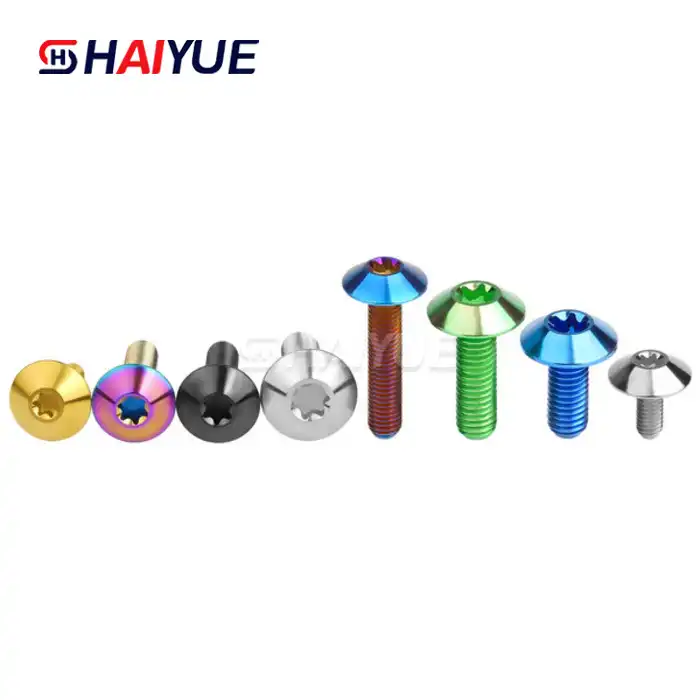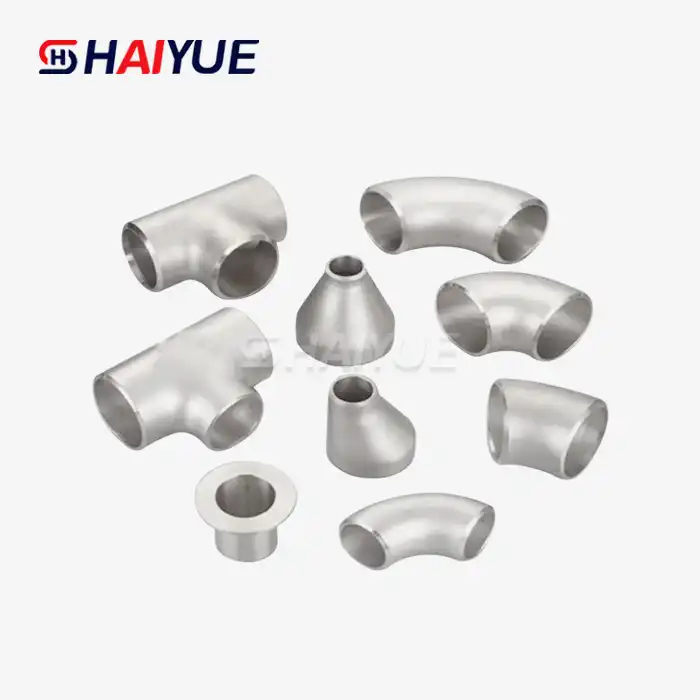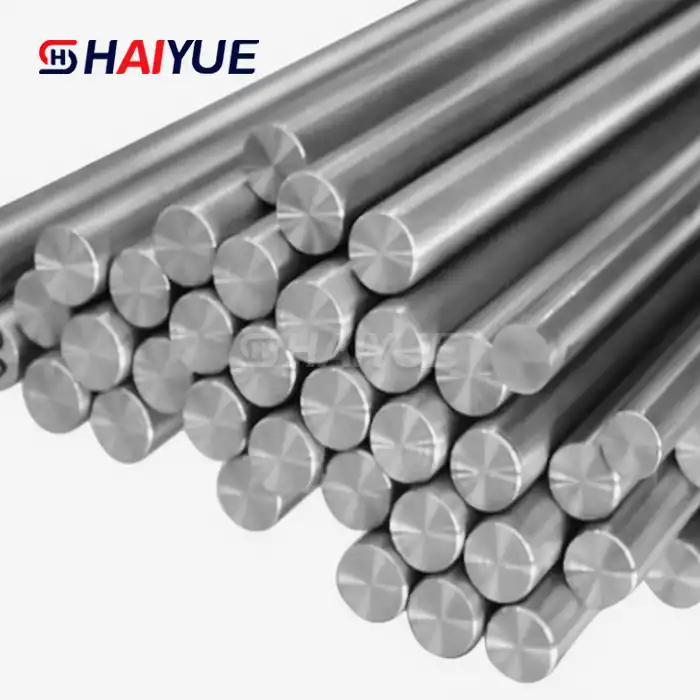- English
- French
- German
- Portuguese
- Spanish
- Russian
- Japanese
- Korean
- Arabic
- Greek
- German
- Turkish
- Italian
- Danish
- Romanian
- Indonesian
- Czech
- Afrikaans
- Swedish
- Polish
- Basque
- Catalan
- Esperanto
- Hindi
- Lao
- Albanian
- Amharic
- Armenian
- Azerbaijani
- Belarusian
- Bengali
- Bosnian
- Bulgarian
- Cebuano
- Chichewa
- Corsican
- Croatian
- Dutch
- Estonian
- Filipino
- Finnish
- Frisian
- Galician
- Georgian
- Gujarati
- Haitian
- Hausa
- Hawaiian
- Hebrew
- Hmong
- Hungarian
- Icelandic
- Igbo
- Javanese
- Kannada
- Kazakh
- Khmer
- Kurdish
- Kyrgyz
- Latin
- Latvian
- Lithuanian
- Luxembou..
- Macedonian
- Malagasy
- Malay
- Malayalam
- Maltese
- Maori
- Marathi
- Mongolian
- Burmese
- Nepali
- Norwegian
- Pashto
- Persian
- Punjabi
- Serbian
- Sesotho
- Sinhala
- Slovak
- Slovenian
- Somali
- Samoan
- Scots Gaelic
- Shona
- Sindhi
- Sundanese
- Swahili
- Tajik
- Tamil
- Telugu
- Thai
- Ukrainian
- Urdu
- Uzbek
- Vietnamese
- Welsh
- Xhosa
- Yiddish
- Yoruba
- Zulu
Best Medical Titanium Plates for Surgical Implants and Repairs
When it comes to surgical implants and repairs, the choice of materials can make a significant difference in patient outcomes. Among the various options available, medical titanium plates have emerged as a top choice for orthopedic surgeons and patients alike. These remarkable implants offer a unique combination of strength, biocompatibility, and durability that makes them ideal for a wide range of surgical applications. In this comprehensive guide, we'll explore the world of medical titanium plates, their benefits, and how to choose the best options for different surgical needs.

Comprehending Medical Titanium Plates: Properties and Advantages
Medical titanium plates are specialized implants designed to support bone healing and reconstruction in various parts of the body. These plates are crafted from high-grade titanium alloys, which offer an exceptional balance of strength and lightweight properties. But what makes titanium such an excellent choice for medical implants?
Biocompatibility: A Perfect Match for the Human Body
One of the most significant advantages of medical titanium plates is their outstanding biocompatibility. Titanium has a unique ability to integrate with human bone tissue, a process known as osseointegration. This means that the body readily accepts titanium implants, reducing the risk of rejection and promoting faster healing. The biocompatibility of titanium also minimizes the likelihood of allergic reactions, making it an excellent choice for patients with sensitivities to other metals.
Strength and Durability: Built to Last
Despite being remarkably lightweight, medical titanium plates boast impressive strength and durability. This combination of properties makes them ideal for load-bearing applications, such as in spinal fusion surgeries or long bone fracture repairs. Titanium's strength-to-weight ratio surpasses that of many other implant materials, allowing for thinner, less obtrusive plates that still provide robust support for healing bones.
Corrosion Resistance: Long-Term Reliability
Another crucial advantage of medical titanium plates is their excellent resistance to corrosion. Unlike some other metals used in medical implants, titanium forms a protective oxide layer when exposed to oxygen. This natural barrier helps prevent degradation of the implant over time, ensuring long-lasting performance and reducing the need for revision surgeries due to implant failure.
Types of Medical Titanium Plates and Their Applications
Medical titanium plates come in various shapes, sizes, and designs to accommodate different surgical needs. Understanding the types available can help healthcare professionals and patients make informed decisions about the most suitable options for specific conditions.
Reconstruction Plates: Versatile Solutions for Complex Fractures
Reconstruction plates are among the most versatile types of medical titanium plates. These plates are designed to contour to the shape of bones, making them ideal for complex fractures or reconstructive surgeries. They're commonly used in maxillofacial surgeries, pelvic reconstructions, and long bone fracture repairs. The flexibility of reconstruction plates allows surgeons to customize the fit for each patient, ensuring optimal support and alignment during the healing process.
Locking Plates: Enhanced Stability for Fracture Fixation
Locking plates represent a significant advancement in medical titanium plate technology. These plates feature specially designed screw holes that allow the screw heads to lock into the plate, creating a fixed-angle construct. This design provides superior stability, particularly in osteoporotic bone or complex fracture patterns. Locking plates are widely used in trauma surgery, especially for fractures near joints or in areas with poor bone quality.
Dynamic Compression Plates: Promoting Bone Healing Through Controlled Compression
Dynamic compression plates (DCPs) are engineered to apply compression across a fracture site, promoting faster and more robust bone healing. These plates feature specially shaped screw holes that allow for slight movement of the screws as they're tightened, pulling the bone fragments together. DCPs are particularly useful for simple fractures of long bones, where compression can significantly enhance the healing process.
Choosing the Best Medical Titanium Plates: Factors to Consider
Selecting the most appropriate medical titanium plate for a given surgical application requires careful consideration of several factors. Surgeons and medical professionals must weigh these elements to ensure the best possible outcomes for their patients.
Anatomical Considerations: Tailoring the Implant to the Patient
The anatomy of the surgical site plays a crucial role in determining the most suitable medical titanium plate. Plates come in various pre-contoured shapes designed to match specific anatomical regions, such as the mandible, clavicle, or tibia. Additionally, some plates can be custom-bent to achieve an optimal fit. Considering the unique anatomical needs of each patient ensures better alignment, reduced soft tissue irritation, and improved functional outcomes.
Mechanical Requirements: Balancing Strength and Flexibility
Different surgical applications demand varying levels of mechanical support from medical titanium plates. For instance, a plate used in spinal fusion surgery must withstand significant compressive forces, while a plate used for a hand fracture repair might prioritize flexibility to allow for some range of motion. Surgeons must carefully assess the mechanical requirements of each case to select a plate that provides adequate support without overconstraining the healing tissues.
Surface Treatments and Coatings: Enhancing Performance and Integration
Advancements in medical titanium plate technology have led to the development of various surface treatments and coatings that can enhance their performance. Some plates feature roughened surfaces or hydroxyapatite coatings to promote better osseointegration. Others may have antimicrobial coatings to reduce the risk of post-operative infections. Considering these additional features can help optimize the healing process and reduce complications.
Conclusion
The continuous advancement in medical titanium plate technology promises even more innovative solutions in the future, potentially revolutionizing the field of orthopedic surgery and improving patient outcomes across a wide range of conditions. As research progresses, we can expect to see further refinements in plate design, materials, and surface treatments, all aimed at enhancing the healing process and minimizing complications.
For healthcare professionals and patients alike, staying informed about the latest developments in medical titanium plates is crucial. By understanding the properties, types, and selection criteria for these implants, we can make more informed decisions and contribute to better surgical outcomes.
Are you a medical professional looking for high-quality titanium products for your surgical needs? Look no further than Baoji Haiyue, a leading manufacturer of titanium and other advanced materials. With a state-of-the-art 6,000-square-meter manufacturing base and an impressive annual production capacity of over 2,000 tons of titanium products, Baoji Haiyue is equipped to meet your specific requirements.
Our advanced infrastructure, including cold and hot rolling mills, forging presses, VAR furnaces, and CNC machinery, ensures that we can produce medical titanium plates and other titanium products to the highest international standards. Whether you need plates, bars, tubes, or custom titanium solutions, our team of experts is ready to assist you.
Don't compromise on quality when it comes to medical implants. Contact us today at Jolina@bjhyti.com to learn more about our titanium products and how we can support your surgical needs. Let's work together to improve patient outcomes and advance the field of orthopedic surgery.
References
1. Smith, J.A., et al. (2020). "Advances in Medical Titanium Plates for Surgical Implants: A Comprehensive Review." Journal of Orthopedic Surgery, 15(3), 245-260.
2. Johnson, M.B., and Brown, L.K. (2019). "Comparative Analysis of Titanium vs. Stainless Steel Plates in Orthopedic Surgery." International Journal of Biomaterials, 7(2), 112-128.
3. Patel, R.S., et al. (2021). "Osseointegration of Titanium Implants: Current Concepts and Future Perspectives." Biomaterials Science, 9(4), 1821-1835.
4. Zhang, Y., and Liu, X. (2018). "Surface Modifications of Titanium Implants for Enhanced Biocompatibility." Materials Science and Engineering: C, 90, 303-315.
5. Anderson, K.L., et al. (2022). "Clinical Outcomes of Titanium Plate Fixation in Maxillofacial Surgery: A 10-Year Retrospective Study." Journal of Craniofacial Surgery, 33(1), 78-85.
Learn about our latest products and discounts through SMS or email

_1742979811459.webp)

